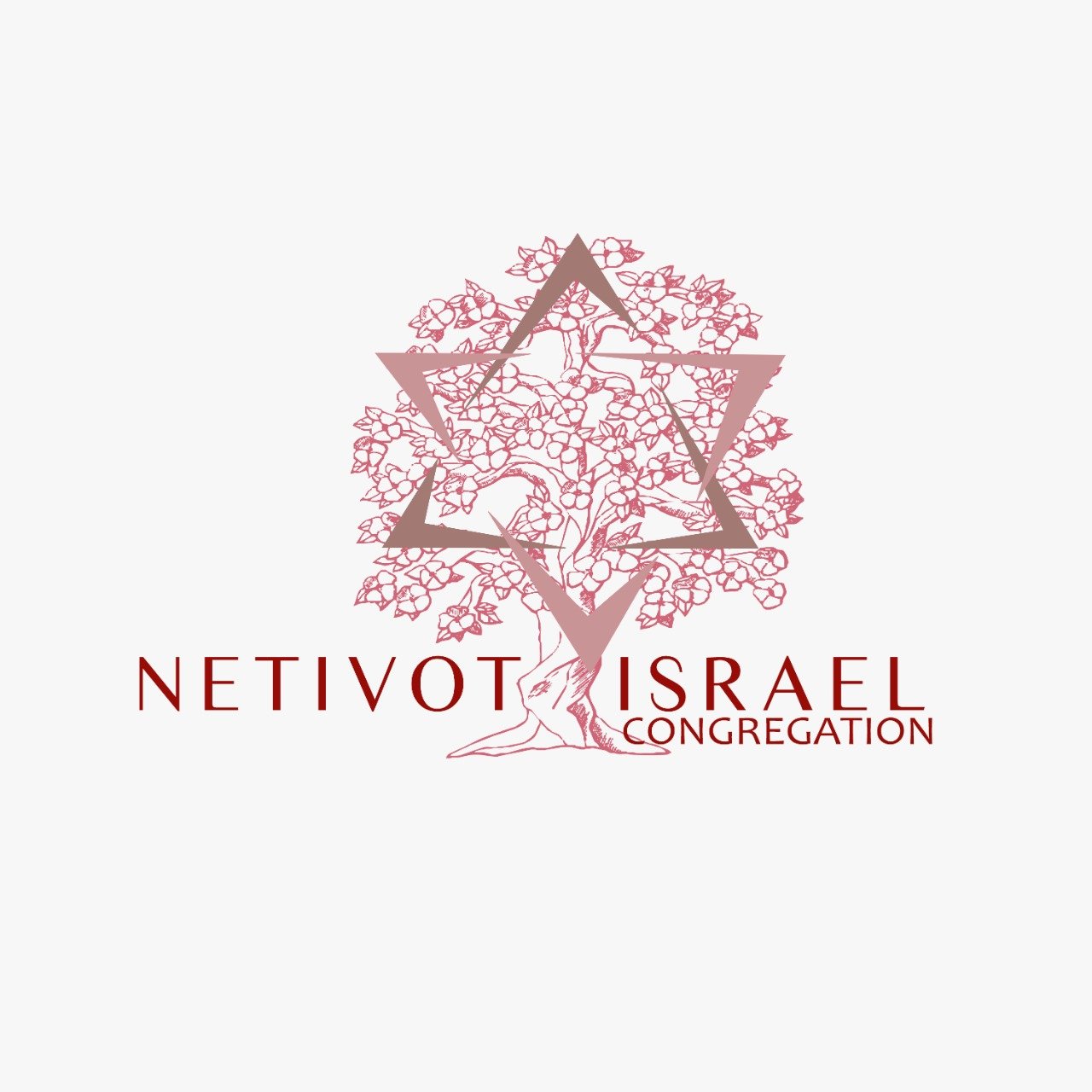SHVII SHEL PESSACH 5784
Seventh Day of Pesach – Thanking Hashem for the Good and the Bad
A Second Yom Tov
One could pose the following question: What was lacking during the Yom Tov of the first days of Pesach that the Torah necessitated instituting another day at the end of Pesach to again celebrate Yom Tov? Although we in the galut have also shemini shel Pessach . However on Sukkot we do the same, we do not have the same difficulty understanding it, in the sense that the last day of Sukkot is specifically referred to as a Yom Tov of its own right – Shemini Atzeret. The seventh day of Pesach, however, is still referred to as Pesach; why, then, is it necessary?
On this day of Shevii shel Pesach we celebrate the splitting of the sea, which took place on that day. Thus, it is a part of Pesach, but important for its own independent miracle. This miracle, however, is not so simple to understand. Why was it necessary, after so many other miracles that Hashem performed in order to take the Jewish nation out of Egypt?
Difficulties with the Shirah
Additionally, the shirah that was sung after being saved at the sea presents a number of difficulties. Firstly, the pasuk tells us that they sang “the enemy said, I will pursue, I will reach [them], I will divide the spoils”. Why did they feel that a part of their thanksgiving to Hashem should be for what the enemy had said? A further difficulty can be raised on the comment of Chazal, who note that the words ``who is like You amongst the mighty (ba’eilim)” can be read “who is like you amongst the mute (ba’ilmim)”, praising G-d for the manner in which he is silent, so to speak, when nations rise up against our people. Again, why is this seemingly unrelated idea mentioned in the shirah?
Connecting the Geula to the Galut
At the end of Parshat Shemot, the pasuk recounts that Moshe Rabbeinu complained to Hashem for sending him to Pharaoh (“ume’az bati el paroh”), an act that appeared to provoke Pharaoh into increasing the hardship of the slavery. The Midrash relates that in order to rectify the sin of complaining with ‘az’, Moshe started the shirah with the word ‘az’ (“az yashir Moshe”). The Beit Halevi explains that when the Bnei Yisrael were in slavery, they could not comprehend the reason for their suffering, and had complaints against G-d’s decrees. When freed, however, they understood in hindsight how the suffering had been for their own good, and had served to increase honour of Heaven. Moshe Rabbeinu himself had difficulty comprehending the suffering, but later he realised its true purpose. Thus, as the Midrash points out, his shirah was directly related to the complaint he had previously made. The shirah was not just a way of thanking for the redemption and miracles – it was a song of thanks for the slavery as well.
For this reason, we mention the enemies’ jests when pursuing us, and the way in which Hashem holds Himself back from responding until the opportune moment. These incidents serve to indicate how retrospection can show that even in the midst of the suffering; there is still Divine purpose and what to give thanks and praise for.
Thus, the conclusion of the redemption only came when the Jews sang the shirah, and recognised that both the miracles of the Exodus, and the galut itself were all part of the Divine plan, and worthy of praise. This is the necessity for an extra Yom Tov to commemorate the splitting of the sea; one that is connected to Pesach, but presents a dimension that the rest of the miracles of yetziyat Mitzrayim do not present – thanksgiving even for the galut!
In our lives, we too can internalise that everything we experience, both positive and negative, are all for a good purpose and merit our thanks. Although we may not always realise it, everything Hashem does is for the best, both for us and to increase honour of Heaven.
The Segula of the Shirah
As a final thought, Chazal tell us that finding one’s intended spouse and earning a livelihood are as difficult as the splitting of the sea. The Chida and Kaf Hachayim mention that there is therefore a special segula to recite the shirah in the early hours of the morning as a merit for those who are lacking in either of these two areas. According to what we have just written, the shirah should teach a person suffering with these things that all his suffering will be for his ultimate good, even if he does not yet see it. When reciting the shirah, he should have intention to thank Hashem also for this difficult period, and be’ezrat Hashem he will have all his prayers answered!
שביעי של פסח שמח מועיל וממצה! וחג שמח . תזכו לשנים רבות נעימות וטובות .
Rabbi Gad Bouskila

